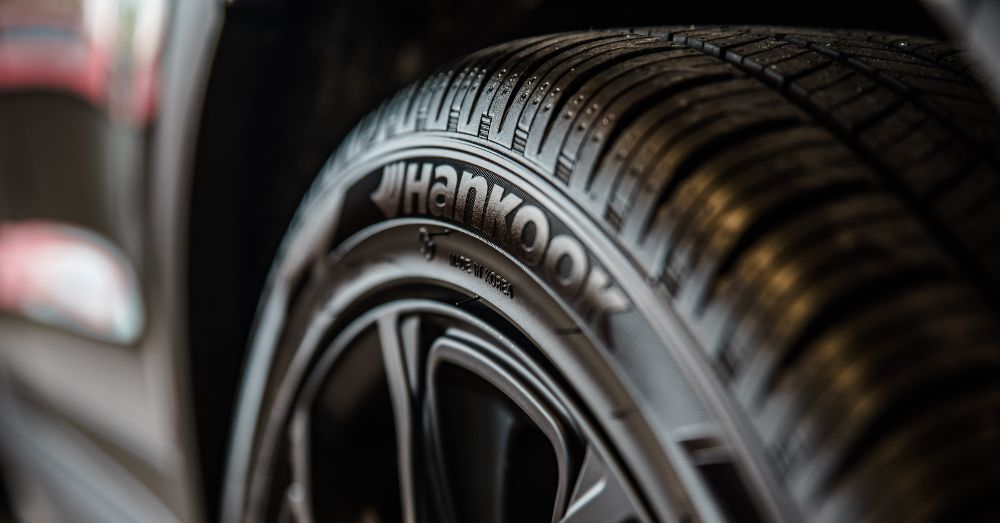Have you seen the signs at tire shops and dealerships about filling your tires with nitrogen instead of air and you’re wondering what it’s all about? Are there benefits to using nitrogen? If you look a little deeper, you’ll see that using nitrogen is a little more expensive than filling with air, so is it worth the extra cost? Take a look at some benefits of filling up with nitrogen.
Cooler Tires Are Happier Tires
Tires do not like heat. Heat causes excessive flexing in the sidewalls, which can weaken the rubber, and puts you at risk of a blowout. One of the benefits of using nitrogen instead of air is that is keeps your tires cooler than compressed air. Air’s natural humidity means there is water vapor and water vapor can absorb and hold heat.
Nitrogen does not have this humidity, so there are no fluctuations in temperature as you drive.
Increase Your Tread Life
Tire tread wear is the result of oxidation of rubber. Oxygen, which is one of the components in air, attacks the material and chemical bonds that hold it together. Nitrogen, on the other hand, is an inert gas. This means that it does not react to other substances and does not create chemical reactions, such as oxidation.
Steadier Tire Pressure Retention
Since nitrogen is made up of larger molecules than air, it is more difficult for it to leak through the tires. This means that the pressure stays constant for longer, which can be helpful if you are one of the many drivers who do not check their tire pressure regularly.
This is especially helpful if you drive in an area where there are large fluctuations in temperature. If you go out to your car on a cold morning and have air in your tires, your low-pressure light may come on. This is because air molecules compress in the cold. As you drive and warm them up, the pressure will increase.
Maximizes Your Fuel Efficiency
You’ll always achieve better fuel efficiency when your tires are properly inflated. Underinflated tires reduce mileage by .3% for every 1 pound per square inch drop in pressure. We already talked about how nitrogen keeps your tire pressure constant for longer than air since it leaks through the tires at a much slower rate. The result is better fuel economy.
Mixing is OK – Really
So, what happens if you have nitrogen-filled tires and find that your pressure is getting low, but you can’t find a place that fills with nitrogen? You can top your tires off with air. It won’t do any harm to the tires; you just won’t see the benefits of the nitrogen as much.
Nitrogen is more expensive than air, and even though you can top off with air if you find yourself in a bind, you’ve then essentially wasted the initial expenditure since you’ll no longer see the benefits.
